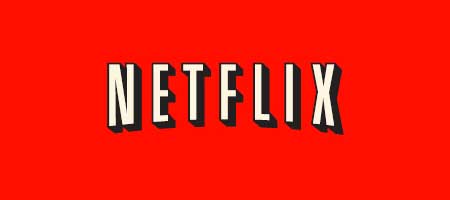 Providing you haven’t just emerged from a few years beneath a rock, it probably hasn’t escaped your notice that a few political tectonic plates have been shifting recently, both in Europe and across the pond. Setting aside any reservations you may have concerning the outcomes, there can be no doubt that millennials – particularly the 18-25 demographic – played a pivotal part in the results. More so than ever before, teens and twenty-somethings demonstrated political concern and social mindfulness. But, when it comes to the big brands, what really drives their mental process?
Providing you haven’t just emerged from a few years beneath a rock, it probably hasn’t escaped your notice that a few political tectonic plates have been shifting recently, both in Europe and across the pond. Setting aside any reservations you may have concerning the outcomes, there can be no doubt that millennials – particularly the 18-25 demographic – played a pivotal part in the results. More so than ever before, teens and twenty-somethings demonstrated political concern and social mindfulness. But, when it comes to the big brands, what really drives their mental process?
Their scruples?
It’s been an exciting and unfamiliar sight in recent times – hordes of millennials flexing their political muscles and exercising the power of their collective voice like never before. The potential influence of a demographic with their gravitas was made a reality, arguably, for the first time. And it’s cultivated the perception that they’re more ethically mindful than ever before. When it comes to politics they may well be.
But in terms of where they like to shop, the picture is a little misleading. Millennial attendance at political rallies might’ve increased, but scan through those crowds and you’ll see just as many tops from Primark as Patagonia.
How about their wallets?
Uber top the recent YouGov BrandIndex list for most improved brand in the eyes of Gen-Y, with an 8.2% increase on the year, despite their moral fibre being questionably tinged recently. YouGov BrandIndex CEO Ted Marzilli, speaking to AdWeek, said, ‘I’m not saying millennials are not concerned about ethics, but people in the aggregate tend to make choices that are in their financial interests. So if taking Uber is more economical or convenient than waiting for a cab, I’m probably still going to call Uber.’
This might seem conclusive. But following deeper investigation, there appears to be another common thread shedding light on millennial brand preferences.
Or is it simplicity?

Skimming through the YouGov BrandIndex list of top brands, not just the ones who’ve improved from 2016, a litany of familiar names comes up. Youtube, Facebook, Google, Amazon, Netflix and Wikipedia represent the smorgasbord of variety at the top of Gen-Y’s favourite brands. You’d be hard-pressed to identify a single, all-encompassing operational similarity in this list, which comprises social media platforms, dedicated video services and the world’s biggest online information service. But there’s one thing that all these brands have in common. Simplicity.
Concise, unambiguous, effective. This is branding at it’s best, evidenced by the position of these brands at the pinnacle of millennial esteem. And it’s not just block-colour schemes and sleek websites that render them ‘effectively simple’ – it’s their entire market position.
Take a look at some of their taglines. Broadcast Yourself (Youtube), The Free Encyclopedia (uhm, Wikipedia), Be Connected. Be Discovered. Be on Facebook (explanations of these examples are quickly becoming redundant…). While seemingly unimaginative, these taglines represent a branding ethos that’s consistent throughout each and every one of these companies. They disarm through demystification, and boast a highly engaged and even more loyal consumer base, that goes beyond the millennial demographic, as a result. Should you need evidence for this, have a read of Harvard Business Review’s recent thoughts on the topic.
The Facebooks, Googles and Amazons of this world aren’t just at the top of ‘favourite brand’ lists – they’re also some of the most prolifically successful companies of all time. Their business models are opposed, sometimes diametrically so, but they’re all united by two things: simplicity and their positions at the top of the pack. They recognise the fact that successful branding is intrinsically linked to public perception, which changes and fluctuates over time. Good brands anticipate, mirror and exploit those shifts. Evidently, the best ones do so with a clear, compelling and simple message.


